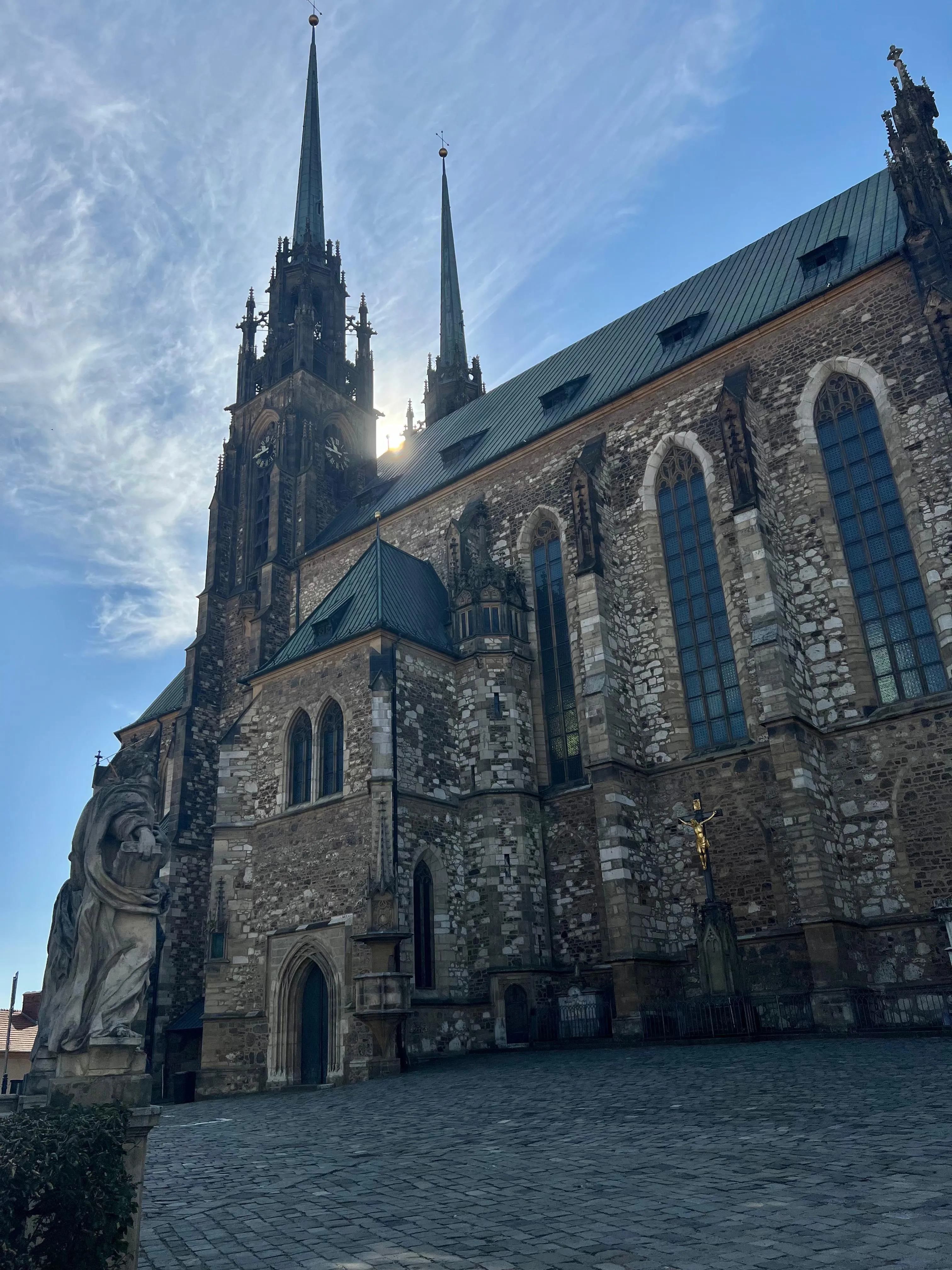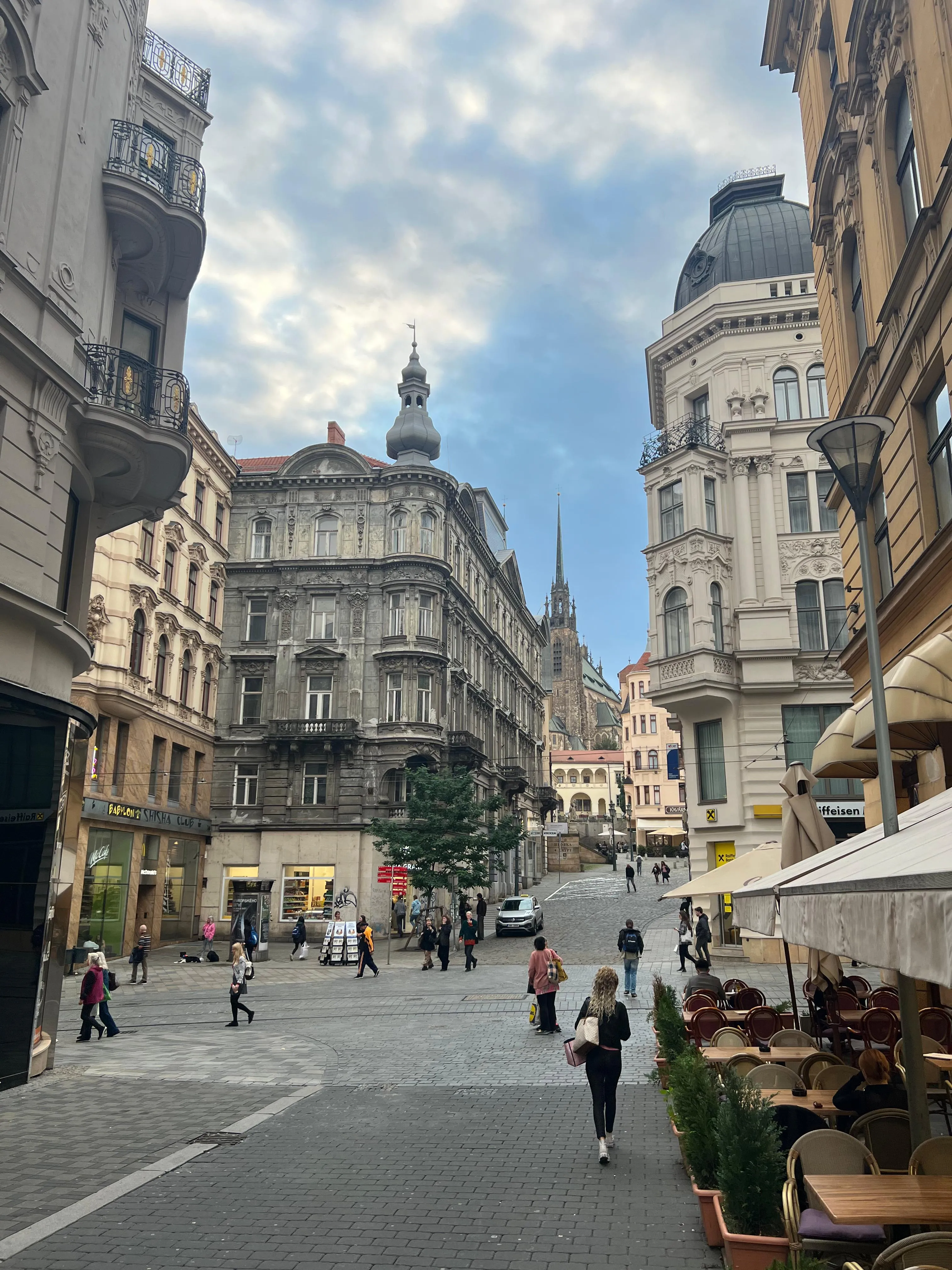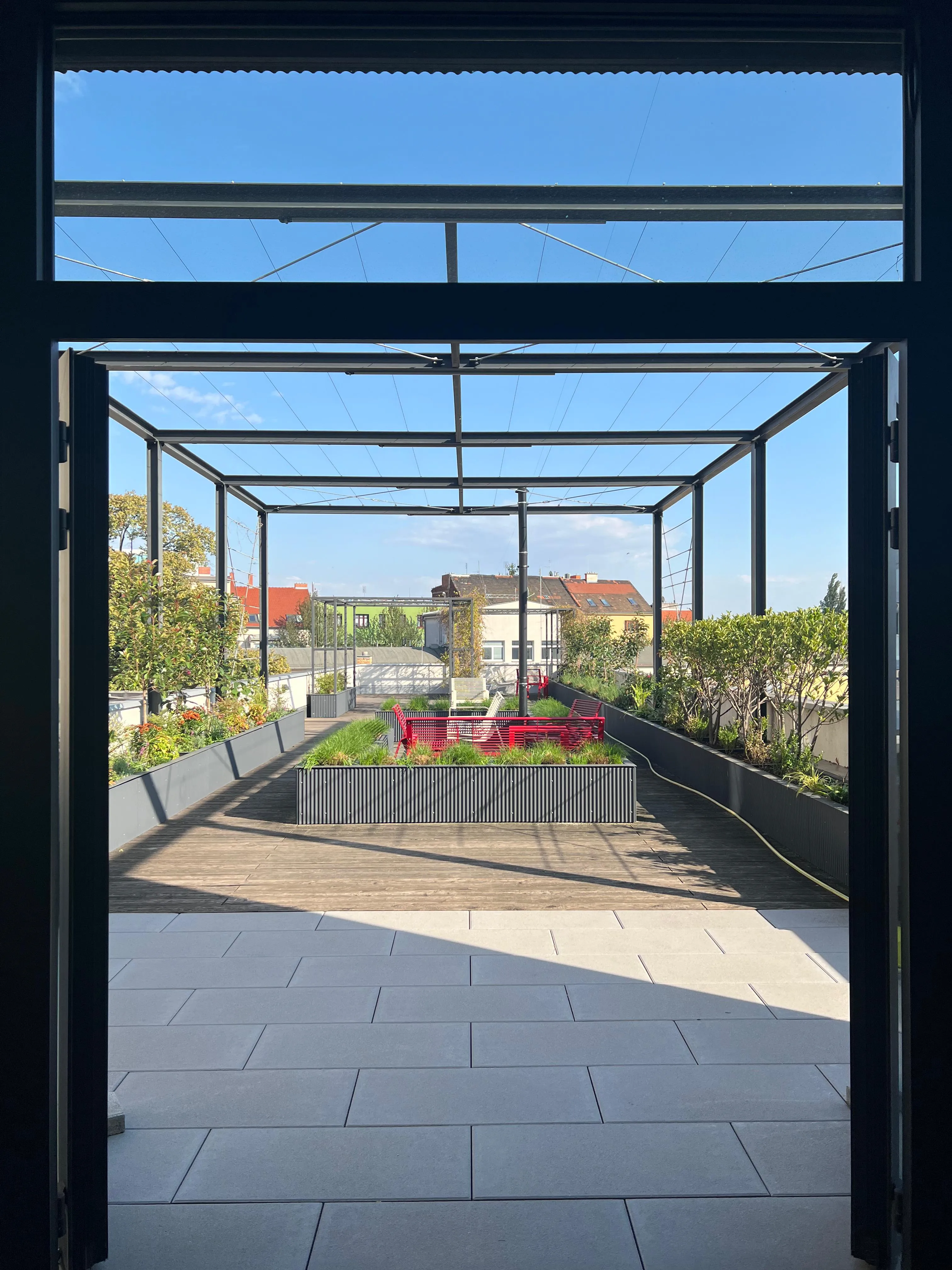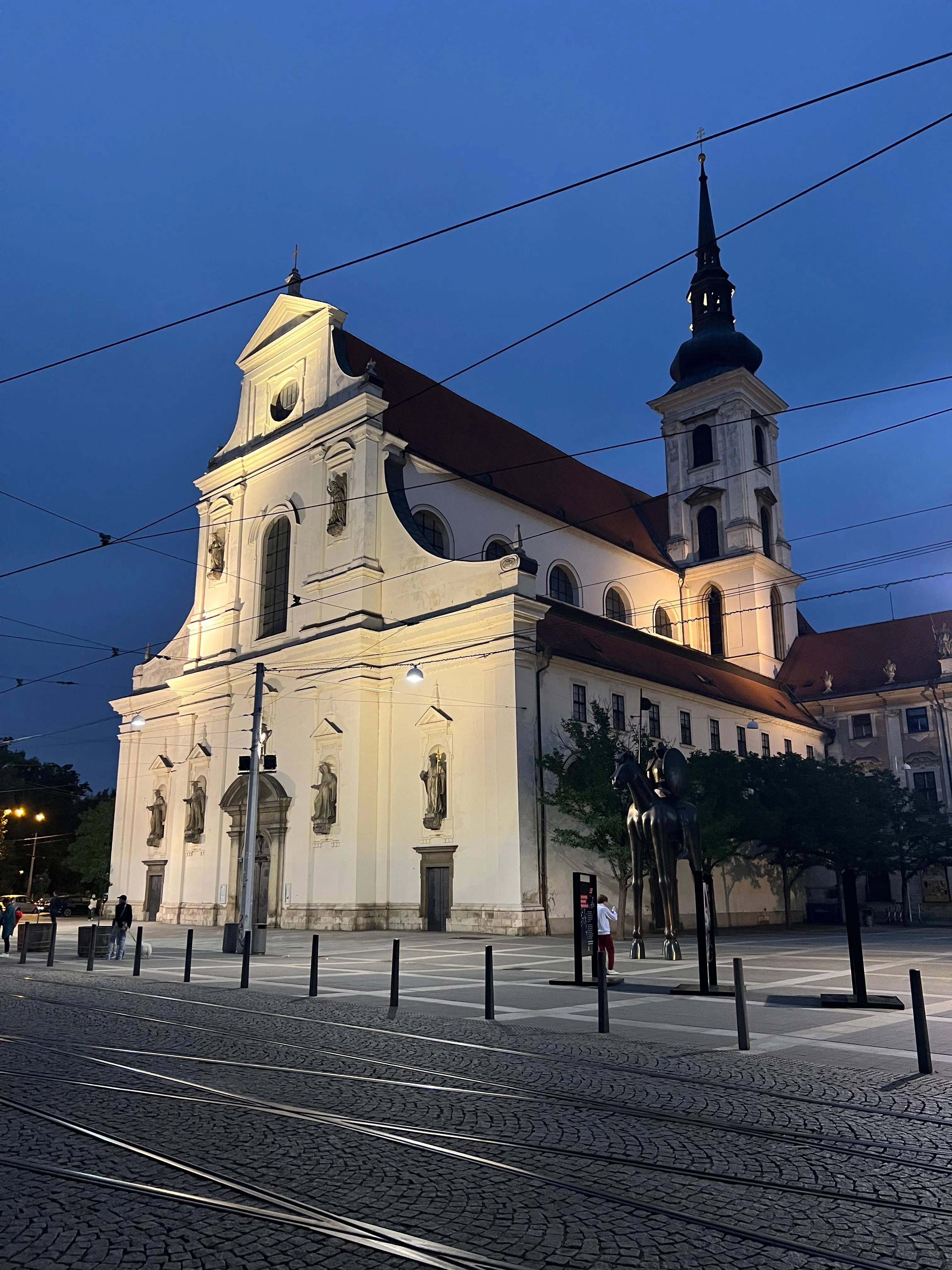
Upscaling Research Skills Through ATRIUM Summer Schools: My Experience at the Czech Academy of Sciences in Brno
The ATRIUM Training School in Computational Archaeology is one of the highlights of my summer. When I found out about ATRIUM’s Transnational Access Scheme grant, I knew I couldn’t let this opportunity slip. But the real hook was the Summer School at the Czech Academy of Sciences in Brno: spatial data analysis, integrated archaeological data, and reproducible coding skills in R. I was persuaded. Little did I know that the five-day training would exceed my expectations. What happens when you mix friendly people, established experts, great organization, and comfortable infrastructure? You get an enjoyable experience conducive to real learning.

Let’s start from the beginning. The application process was straightforward: your basic information and a supporting statement. No frills. When I received the news, I felt very grateful and excited. Soon, the time to make arrangements grounded me. Nonetheless, I received clear communications from the Summer School from day one. Instructions were spelled out, and replies were quick and precise. Feeling that the organising team took the training seriously gave me confidence. Arriving in Brno, I asked myself what my expectations were. As soon as I entered the Czech Academy of Sciences, I was greeted with smiles.

Straight away, the teaching space was roomy and comfortable. Water, tea, coffee, and fruit were available every day. Training material was neatly prepared and available beforehand for everyone. The programme was meticulously structured as to cover critical material but remain beginner friendly and fatigue free. Anyone could see that the Summer School was not offered on a whim; it was the intentional and concerted effort of the team at the Institute of Archaeology of the Czech Academy of Sciences in Brno.

During the first day, I met the organising team, our instructors, and other participants. All friendly faces at first that gradually turned into specific names, occupations, research interests, and personalities. Through casual conversation, I learnt about many topics that I otherwise would not have known. Moreover, during the lectures, I got introduced to ARIADNE, SPARQL querying, geospatial data management, point pattern analysis, and more. The one thing to highlight is how the instructors managed to distil complex topics into digestible bits and present them in an approachable manner.

By the end of the week, I felt not just more knowledgeable but more connected to the research community. Beyond the technical skills, the experience left me with a renewed appreciation for collaborative learning, where diverse backgrounds and experiences contribute to the dialogue. I am glad I decided to apply despite many doubts about my academic credentials and work experience. This was more than just your typical summer school. It was a refreshing learning experience that helped me get closer to computational methods, encouraging me to think deeper, aim higher, and find again that sense of elation when you learn something entirely new.